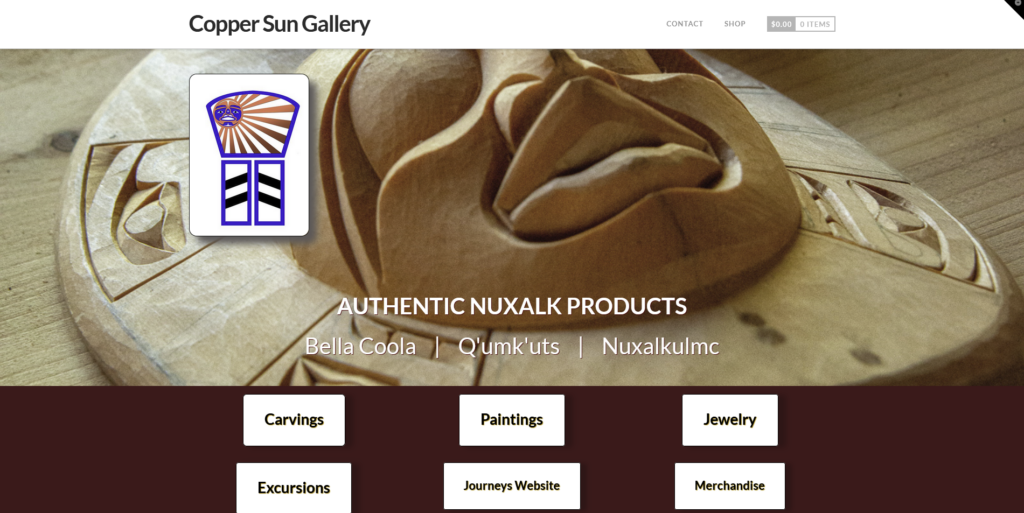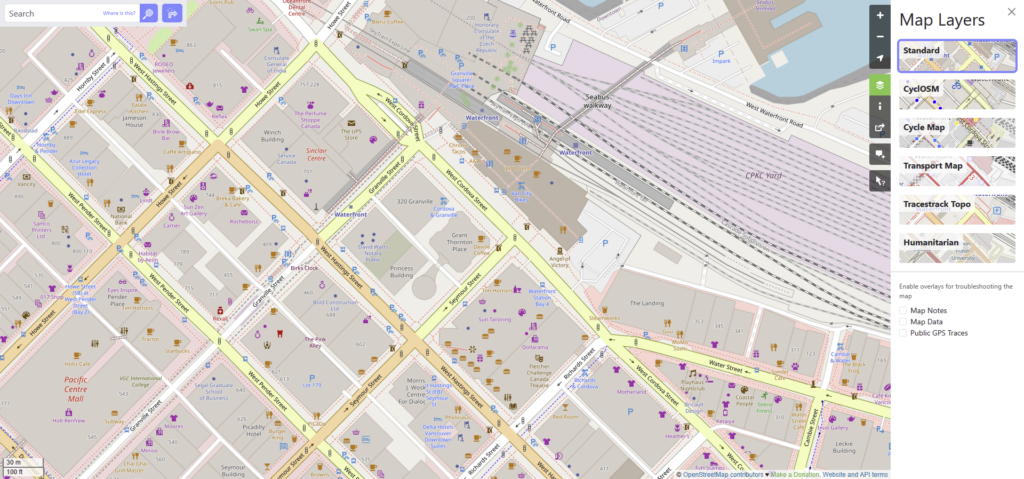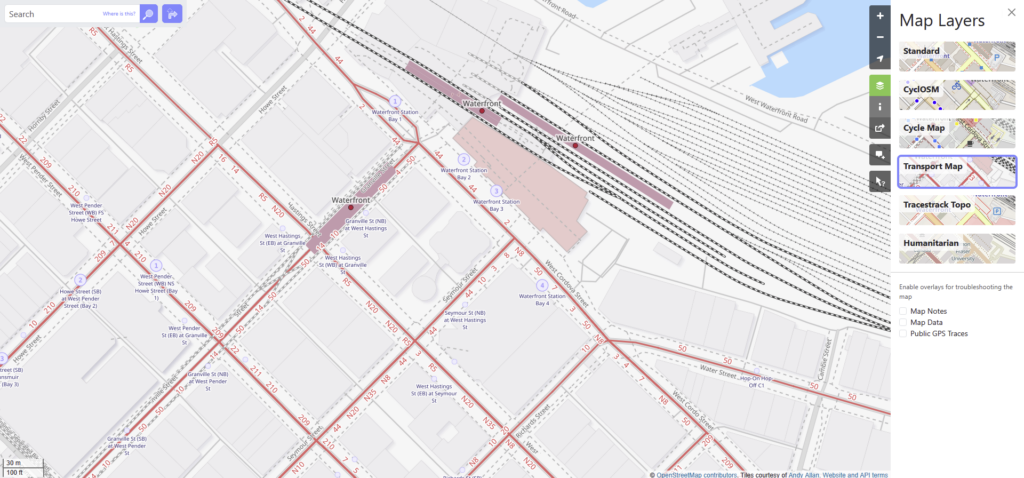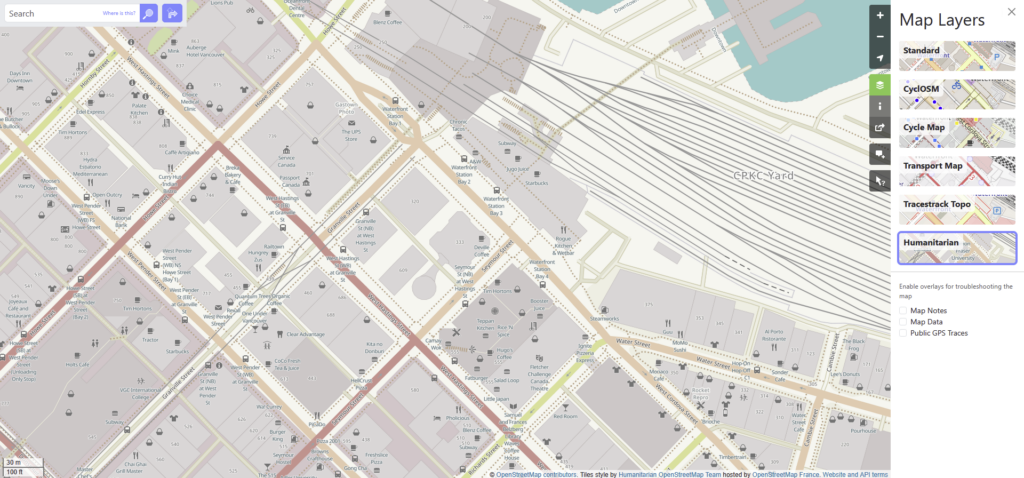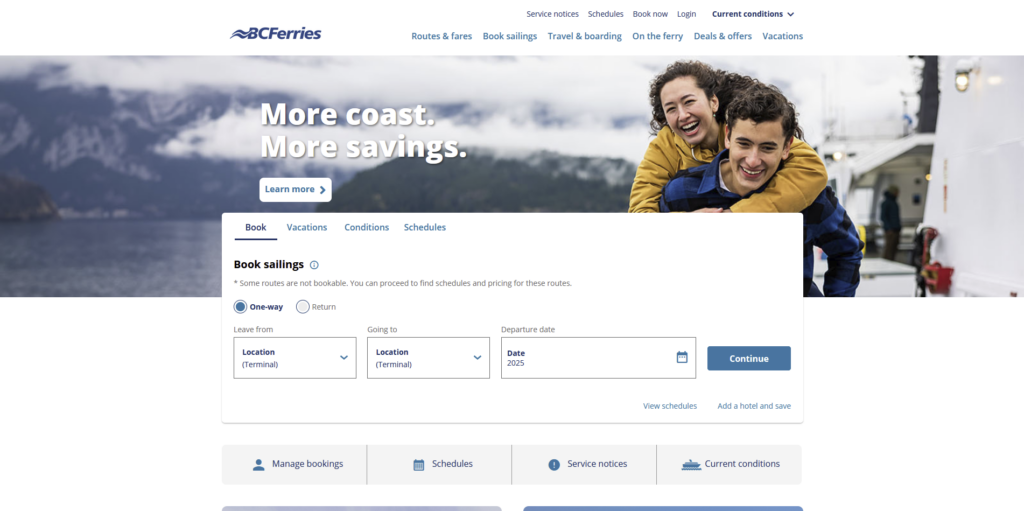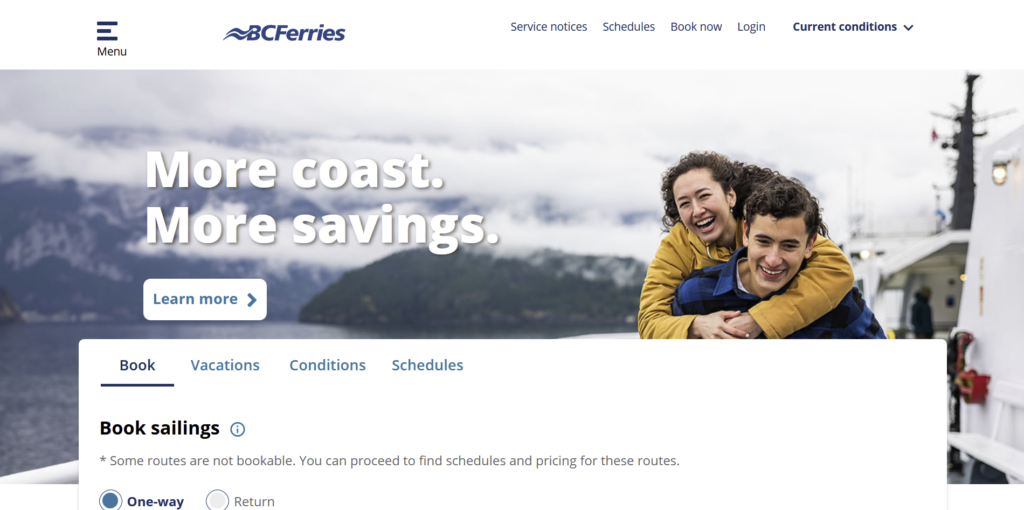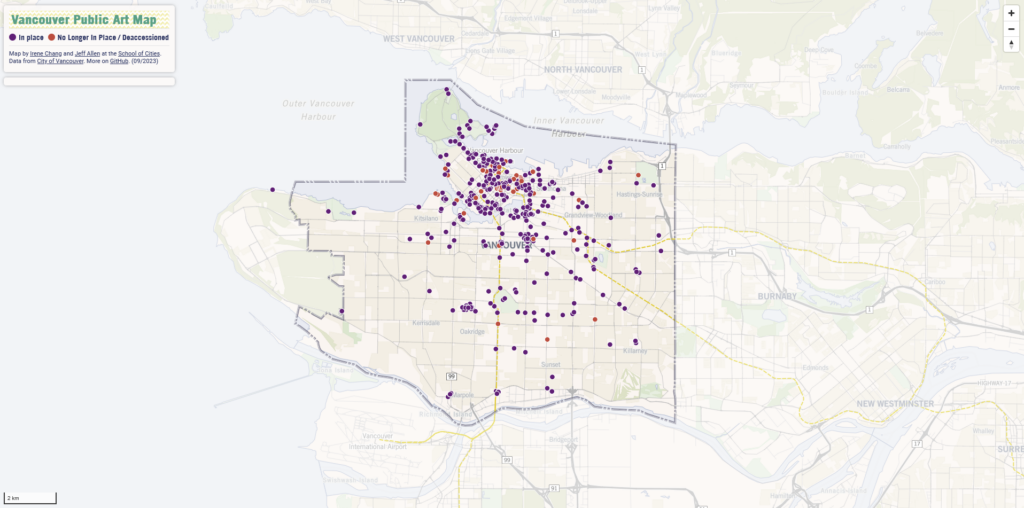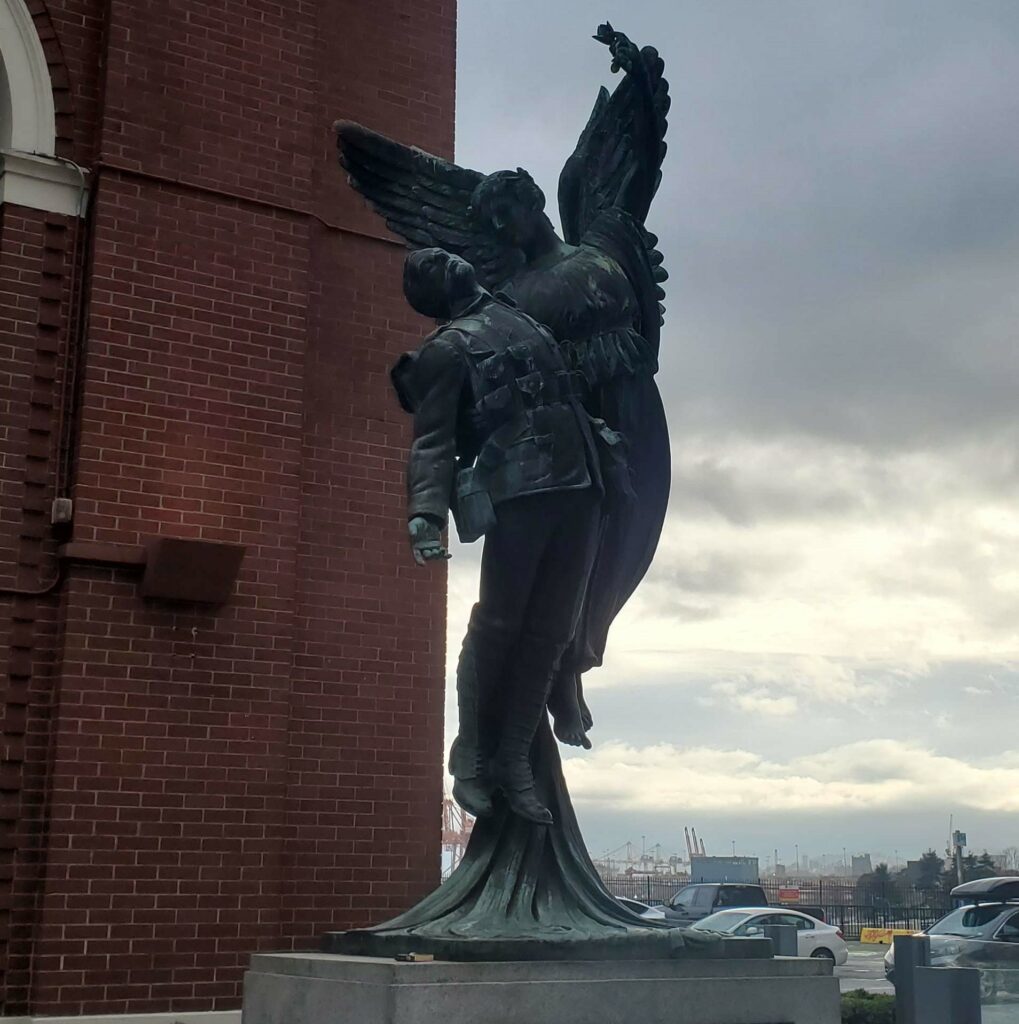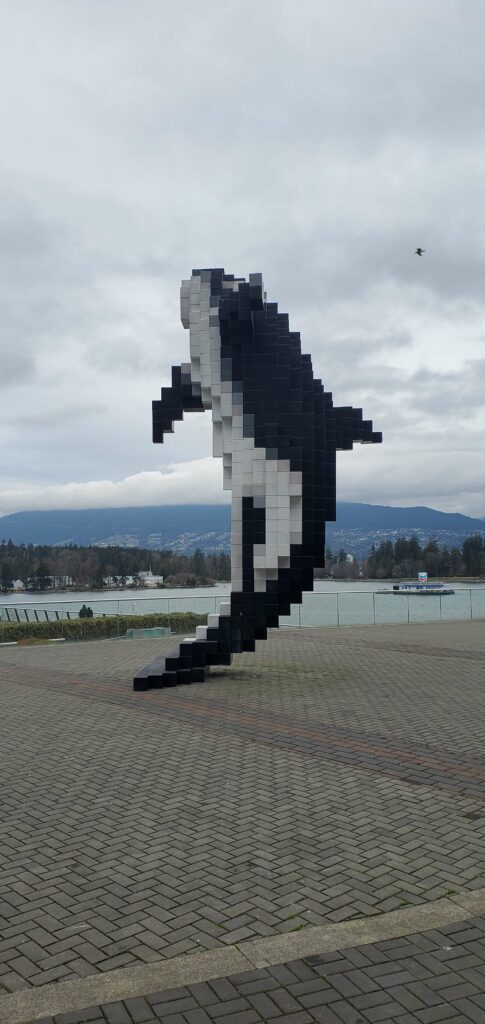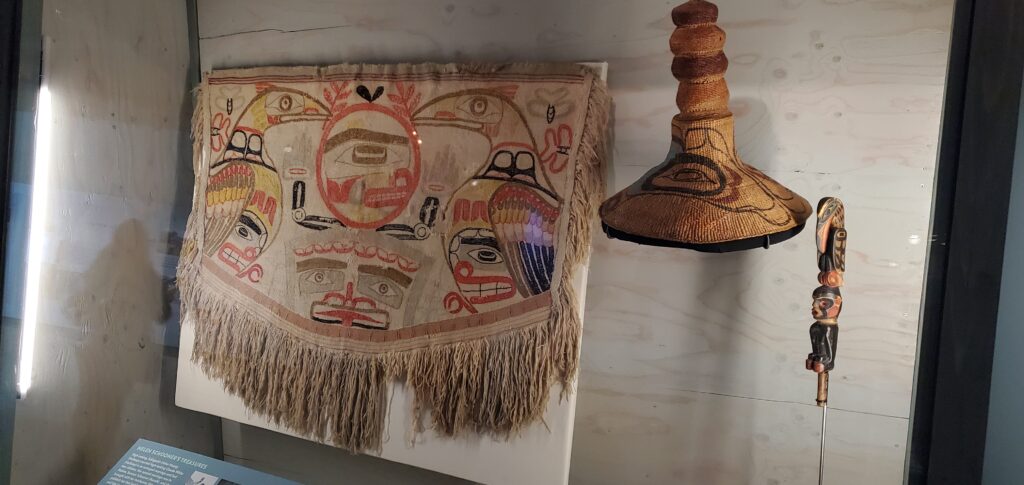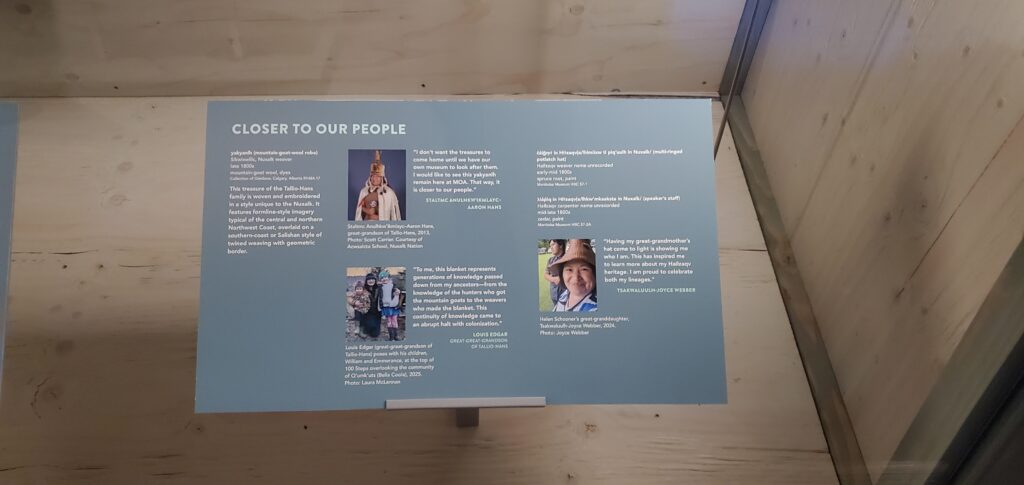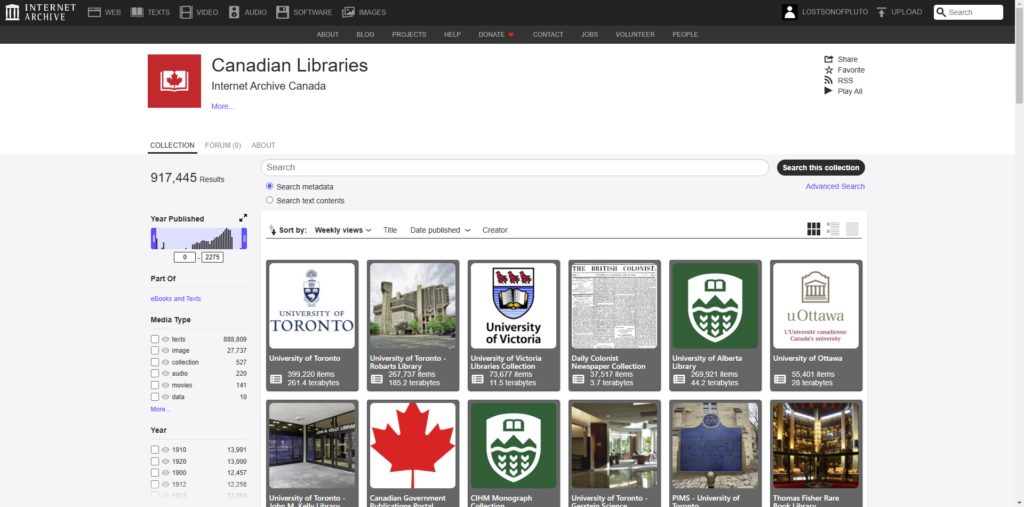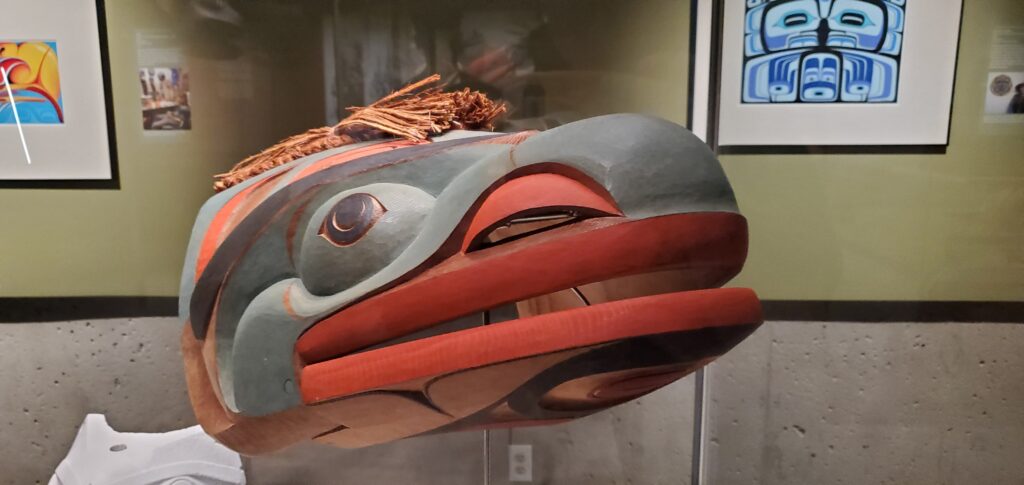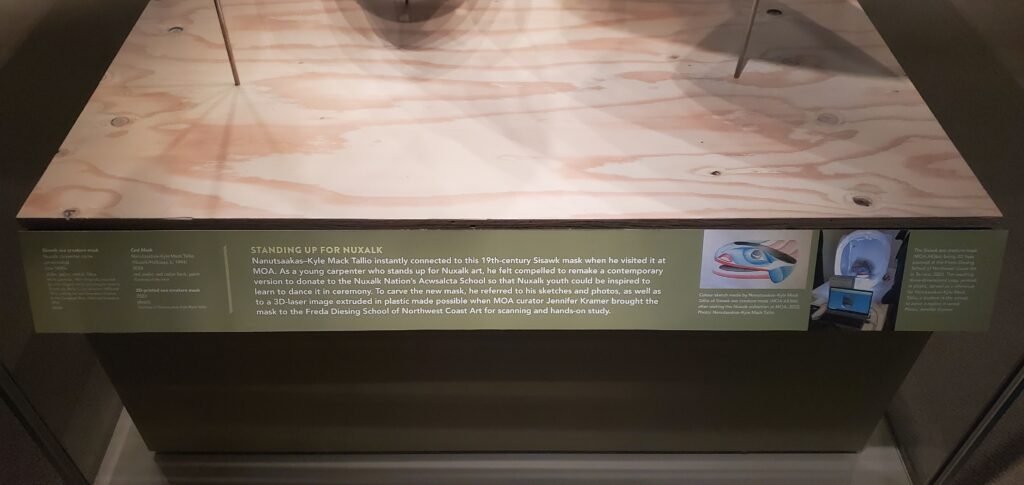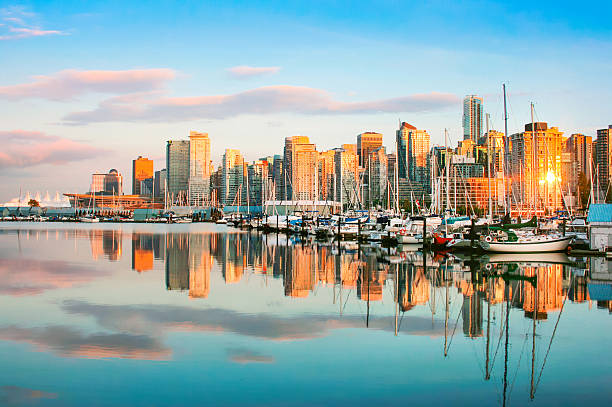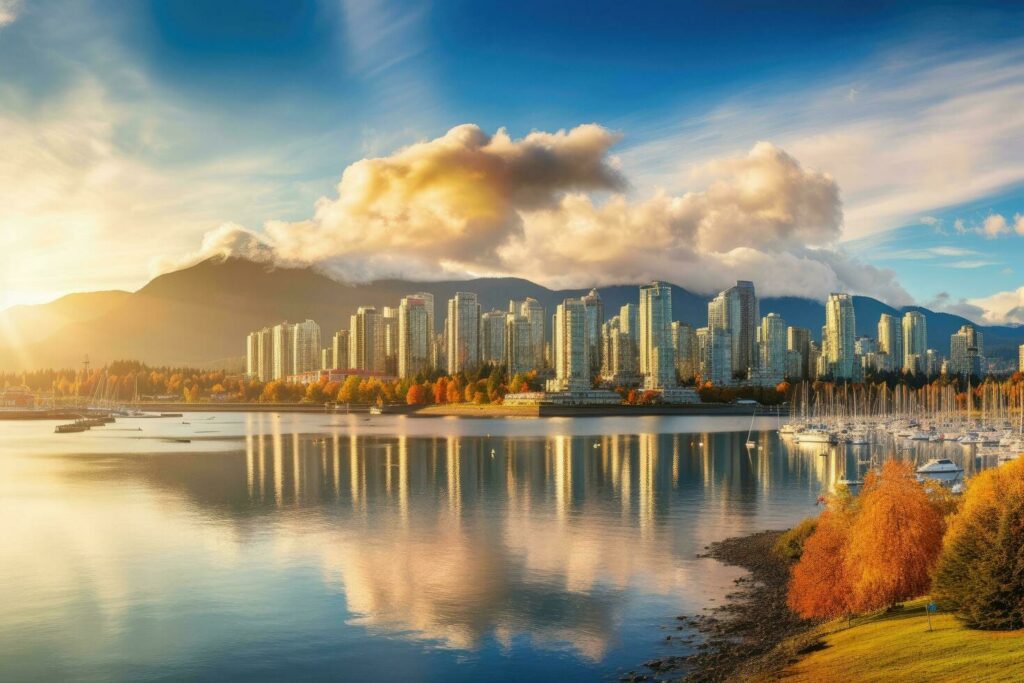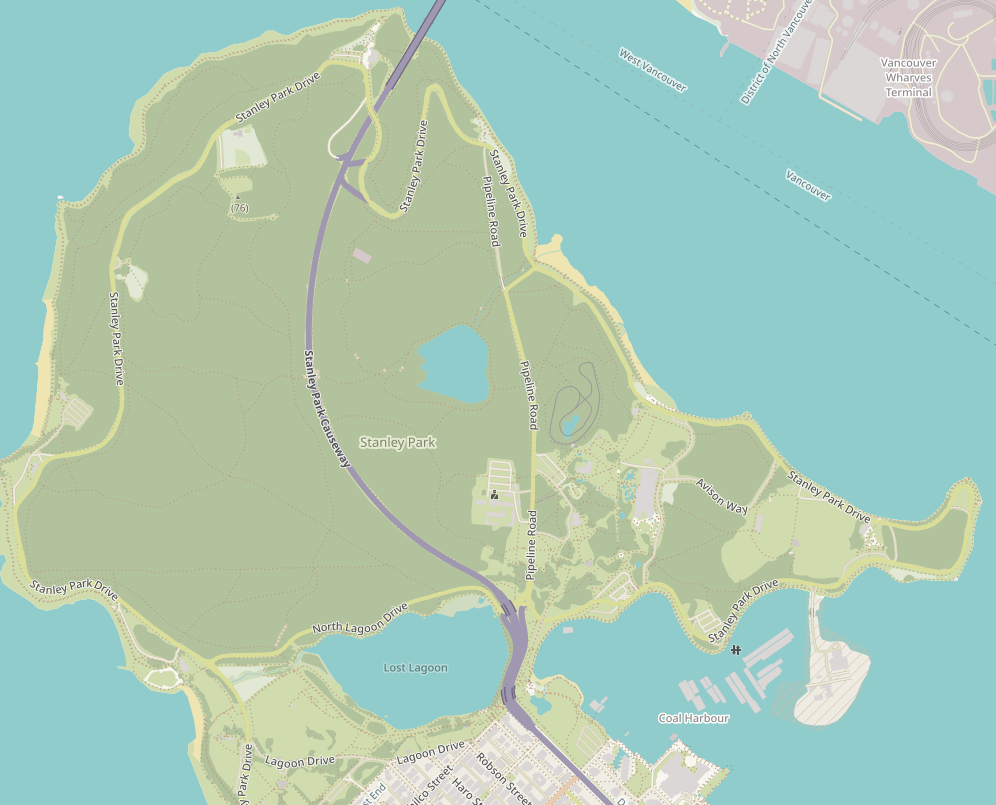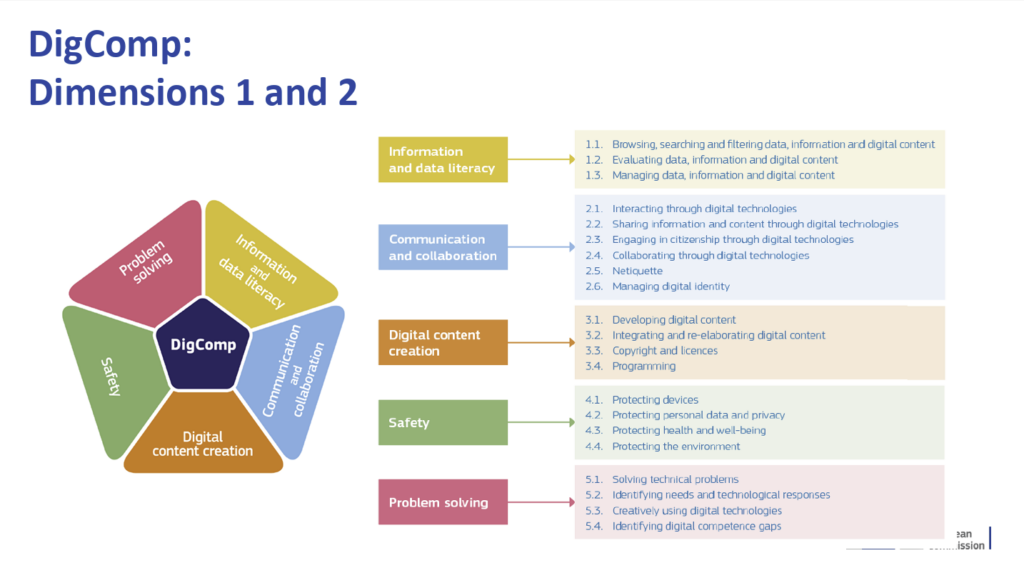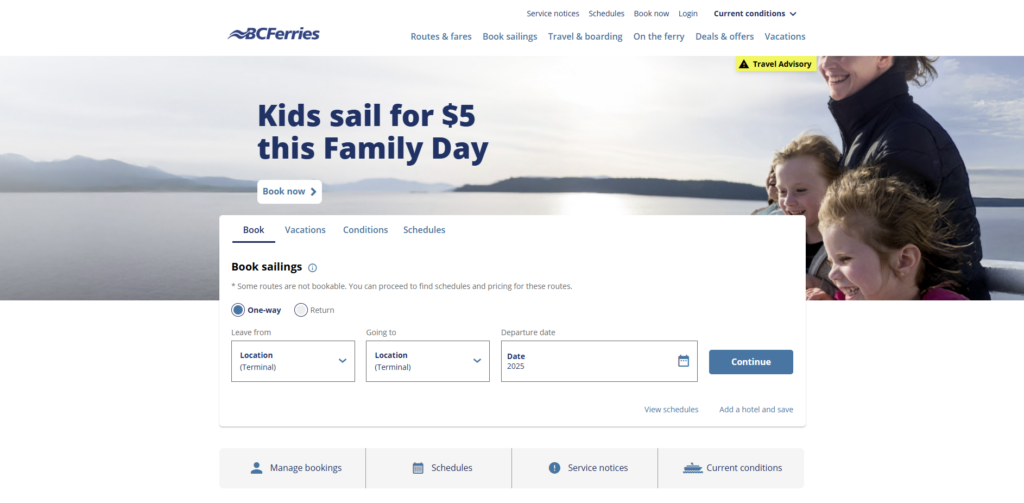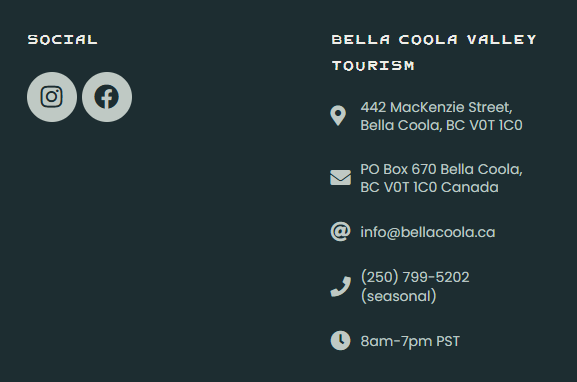In my previous post I briefly touched on the difficulty many in smaller communities face in access to the digital world. In that I focused primarily on how many indigenous artists in small communities struggle to sell their work due to the financial barriers associated with creating and maintaining a website, as well as lack of access to reliable internet. However the wider topic of access equity is also worth highlighting here, and is actually quite intertwined with the topic of this blog as a whole.
When I made this blog, I used it as a space to relate the idiosyncrasies and struggles of the tourism industry to the wider topic of digital literacy. Having worked in tourism for many years and helped many less technologically literate people navigate the digital world that has taken over the tourism industry gave me a unique perspective on the topic that I wanted to share. However one aspect of this I have not been able to talk about as much as I would like is equity in access.
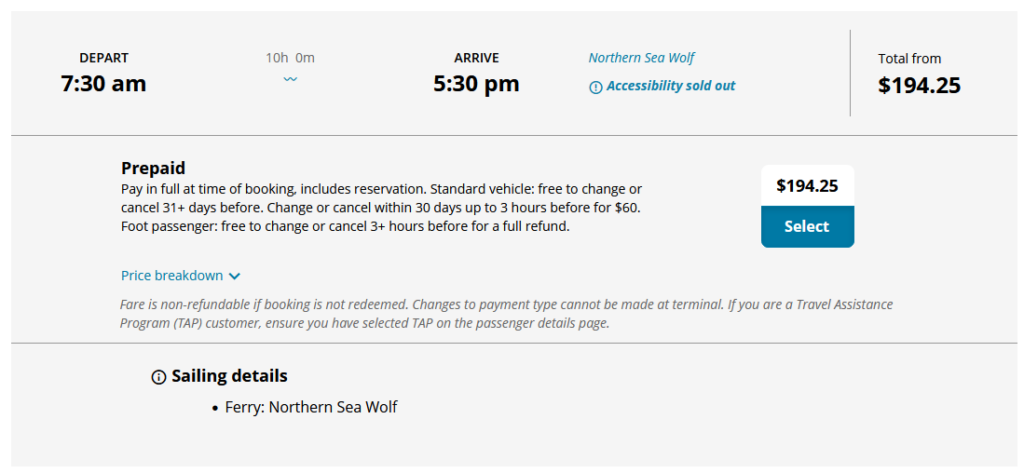
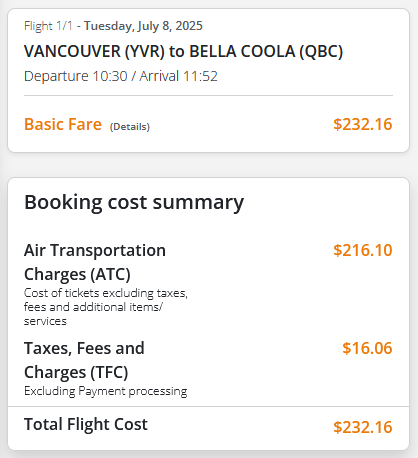
When we talk about the barriers people face that prevent them from travelling, often financial barriers are the topic of most focus. And there is a good reason for that. Above I have made dummy bookings (following the booking process right until I am given a final price) for two common travel options to the town I formerly worked in. For a one way ticket on the same day in July with zero amenities, an plane ticket from Vancouver would cost $232.16, while a ferry ticket from Port Hardy costs $194.25 (not including a vehicle). These prices are the bare minimum one could expect to pay for that time of year and don’t even include transportation to the departure location and have already exceeded what I personally have been able to put in savings in the last 6 months. Travel is expensive, and although it is historically cheaper than it has ever been, for many, many people this cost is simply not feasible.
However there is another side to the proverbial coin of equity in access. And highlighting that is part of why I made tourism the topic of this blog in the first place. As the digital world grows to encompass every aspect of the tourism industry, it has provided a new level of agency to travellers by putting the choices for their trip in their own hands rather. Historically this was often done by travel agents who largely had control over everything from destination, to flights, to excursions.






And famously this time also saw “package holidays” in which tour companies would per-arrange entire trips for a large group of people, and then travel agents would sell seats on these. As you can see in the selection of advertisements for these I have provided above, these did drive the cost of travel down, however this came at the cost of choice. This is the power of the technological takeover of the tourism sector. Putting choice back in the hands of consumers.
However this increase in access is a bit of a double edged sword. While these online resources allow a level of choice rarely seen before many people, especially those older folks who are used to the older system, or those who are lower income or in small communities who may not have access to technology these are massive barriers. And increasingly it has become rather difficult to find professional assistance in travel booking with the rise of self booking. While technology has improved access and created more choice in this process, it needs to be balanced with equivalent services
Creating equitable services in any business or industry is difficult. Accounting for an addressing the needs of the widest variety of clients is a challenge that has no easy solution. But in a world that increasingly sees the digital space as a way to create self service, there will always be a need for full service.
Works Cited:
Indigenous Needs and Digital Solutions: https://digitaltourism.opened.ca/2025/03/31/indigenous-needs-and-digital-solutions/
BC Ferries: https://www.bcferries.com/
Pacific Coastal Airlines: https://www.pacificcoastal.com/
Package Holidays: https://www.dailymail.co.uk/travel/article-13811199/old-travel-brochures-1980-1990-coach-holiday-siesta.html
